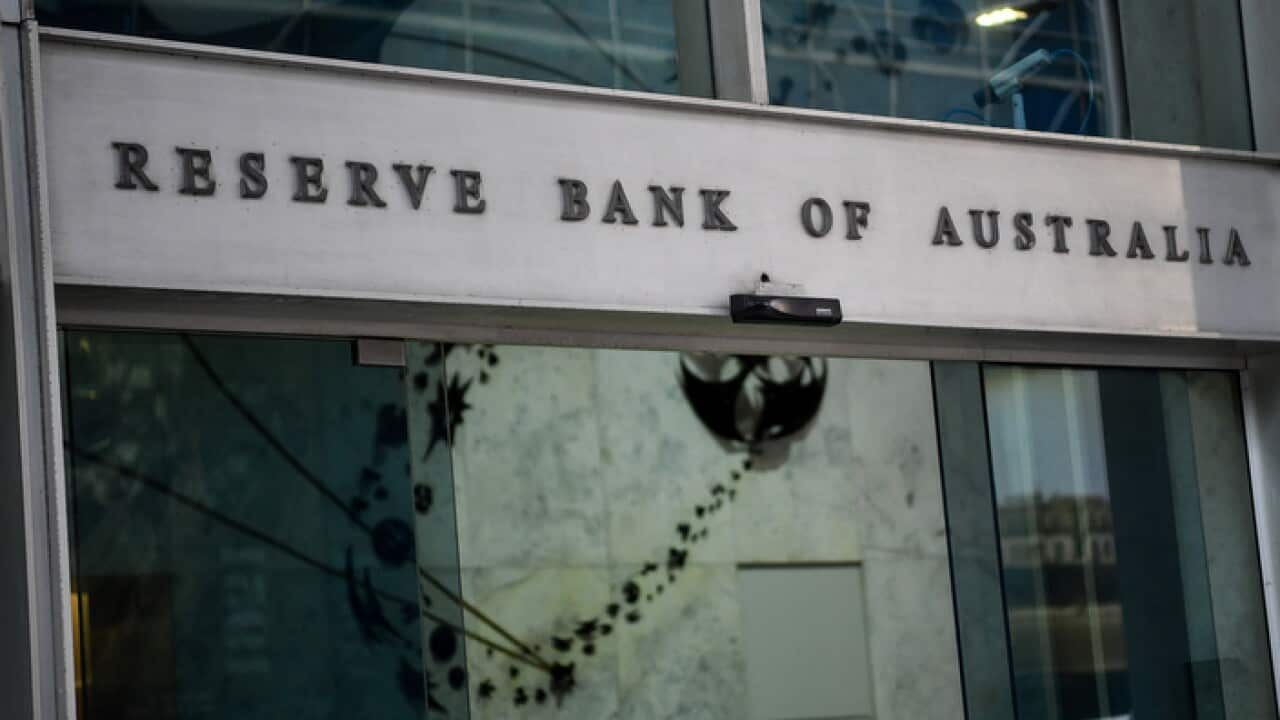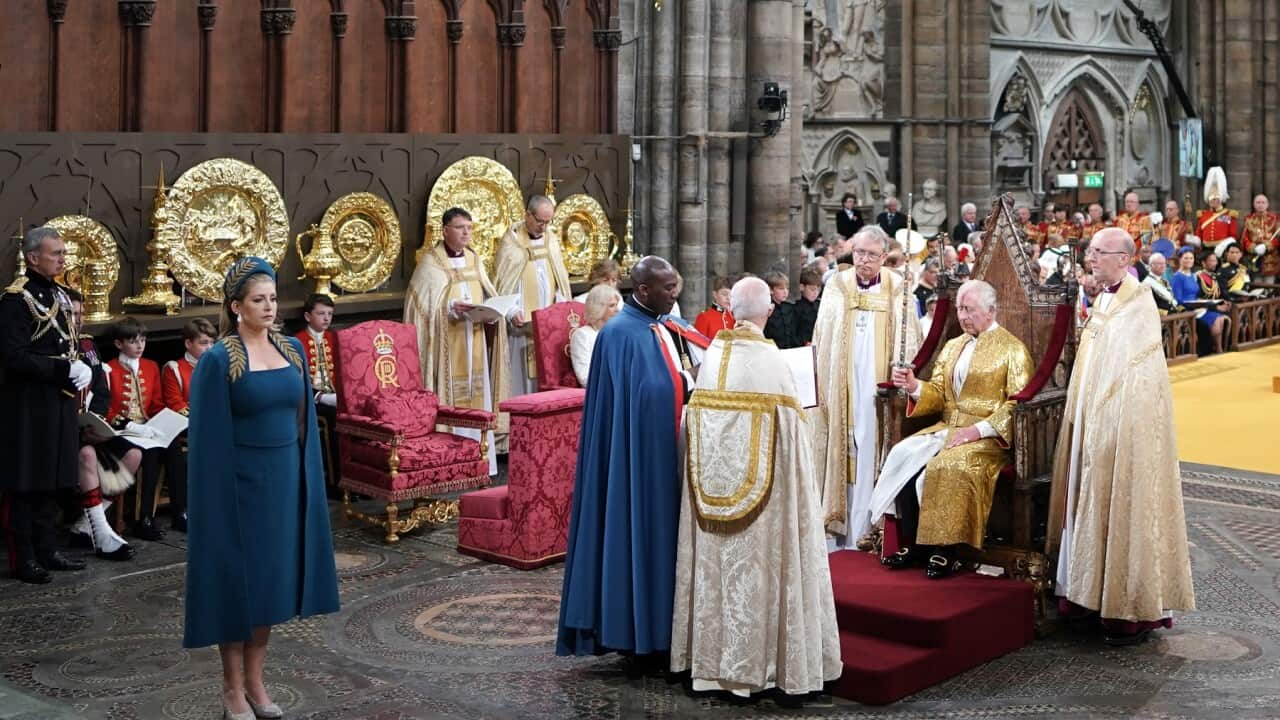The world's leading economic agency has painted a positive picture of Australia's economy, saying it is on track to grow 3 per cent in the next year.
But the Organisation for Economic Cooperation and Development, or OECD, says Australia's housing prices could prove to be a vulnerability.
The OECD's latest assessment of Australia's economy says, while house prices have fallen gradually since late last year, the market is still on track for a soft landing -- that house prices will remain steady after a steep decline in a short time.
OECD senior economist Phil Hemmings points to global trade tensions and a slight chance of a hard landing as the major economic threats facing Australia.
((HEMMINGS))
(("There are uncertainties in the global outlook looking forward, particularly related to trade issues, as we read about. Domestically, there is, of course, the risk, possibly small, of this hard landing in the housing market."))
The OECD report suggests uncertainty around exports to China and the potential escalation of global trade tensions could also be concerns for Australia's economy.
But BIS Oxford Economics' Sarah Hunter says, while Australia's economy relies heavily on China, China is already introducing measures to offset any hits.
((HUNTER 2))
(("Yes, it's possible that we get a sharper slowdown in China's economy than we're currently expecting, but the authorities there are taking steps to mitigate that risk. So, it is a risk, but I'd see it as a relatively low-probability risk from where we are right now. So I don't expect a big slowdown in China's economy, and I don't expect our exporters to be particularly hard-hit by that channel going forward."))
In the report, the OECD has also called for interest rates to be gradually lifted as growth continues and inflation slowly rises.
The Reserve Bank of Australia has kept the official cash rate at its record low of 1.5 per cent since August 2016 and has signalled that is not likely to change soon.
The OECD has also recommended the federal government continue to be fiscally conservative and bring the budget back to surplus, despite pressure to lift public spending.
Treasurer Josh Frydenberg says in a statement he knows the Coalition Government is on track.
((FRYDENBERG))
(("The Liberal-National Government’s economic plan is delivering a stronger economy and helping us deliver the essential services Australians rely on. As the OECD says, 'Australia faces economic challenges that, if not handled well, could see an end to its strong track record.' Australia cannot risk a return to Labor’s high-tax and reckless-spending approach."))
But Sarah Hunter, from BIS Oxford Economics, says it is hard to say what the country's spending will be like in a year, ahead of the upcoming federal election.
((HUNTER 3))
(("Obviously, what happens in terms of spending and tax policy is critically dependent on the outcome of that election. So we will have to wait and see. I think it's fair to say that we could well see some changes, and we'll have to reassess after that, once we know what exactly policy is going to look like. It's very hard to say at this stage."))
The OECD report has also highlighted that some groups of people are vulnerable, facing low workforce-participation rates and a high risk of poverty.
It says the substantial gaps between Indigenous Australians and the rest of the population are narrowing too slowly.
Indigenous figure and former Labor Party president Warren Mundine says he agrees and the states and territories should take more responsibility.
((MUNDINE))
(("You just see it every year at the Closing the Gap presentation to parliament by the prime minister. One of the things that we do have missing from that is that a lot of these things, like health, housing, education and so on, are state matters. We need to have the premiers at that prime ministerial presentation so that they are held accountable as well."))




